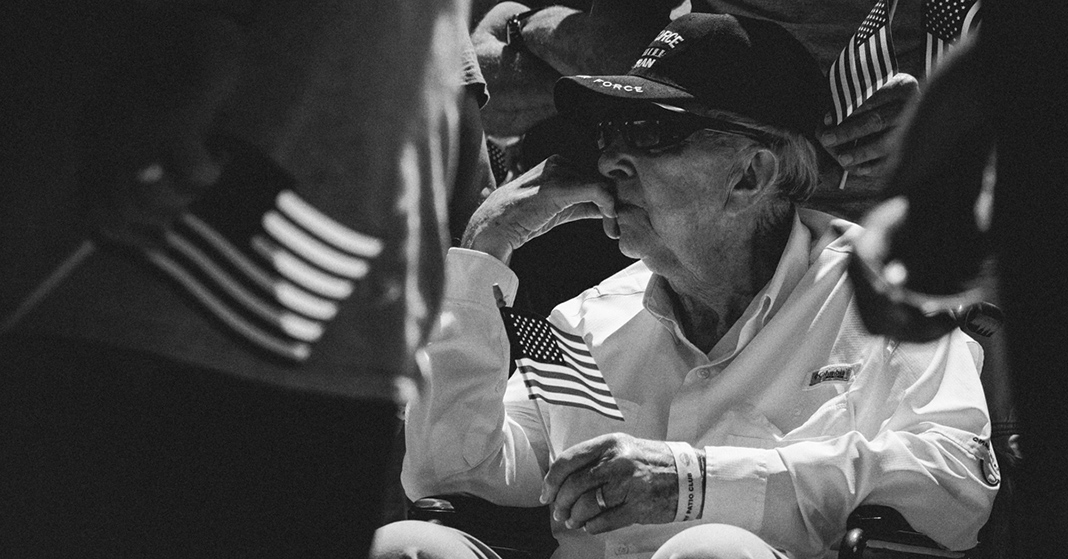
This year marks the hundredth anniversary of the end of World War I. It was a war that transformed the world and planted the seeds of conflict that would erupt again and again over the next century. But in the days immediately after it ended, Europeans were grateful to be free from the devastating war. More than 15 million people lost their lives during the war. Many today recognize the US military’s contribution to breaking the stalemate in France and bringing the war to an end.
Benefiting Others
America didn’t mobilize for war in 1917 to establish an empire. Our forces went across the ocean to counter an invading force in France. We went into the war knowing the risks. The use of chemical weapons and trench warfare meant more fatalities. Yet the American public grew convinced that Germany was at fault for the war. Americans were particularly outraged over the Germans’ unrestricted warfare (e.g., the sinking of the Lusitania and other brutal attacks on civilians). So without any interest in acquiring territory, America raised an army and built a navy to counter the German forces.
Making a Difference
American forces arrived at a crucial time. French troops had brought the German invasion to a standstill. In the end, they and their British allies were incapable of driving the enemy out. They needed help. At the same time Russia, collapsing into civil war, was ready to make peace with Germany—a development that would free thousands of German soldiers to move into France.
In a series of coordinated attacks (the Hundred Days Offensive) resulting in perhaps as many as a million Allied casualties, American, British, and French soldiers broke through the German lines. This was the bloodiest offensive American soldiers had ever participated in. The victory was decisive, and Germany was ready to admit defeat.
Celebrating Victory
Since the Armistice, or cease-fire, took effect on November 11 (at 11:00 a.m. on the 11th day of the 11th month), Americans established an annual commemoration of the victory on that day. Of course, the soldiers who survived were the celebrities of the celebration, which was only fitting. They were victorious warriors returning home. But they didn’t come back bringing the spoils of war. They came home with something far more valuable—the gratitude of the peoples of Western Europe. Every year since 1918, Americans have celebrated this event. Eventually, President Eisenhower renamed the celebration from Armistice Day to Veterans Day because we recognize the veterans not only of that war but also of subsequent wars.
Remembering Veterans Day
And Americans are not the only ones to pay homage. Every year Belgian schoolchildren make their way to a small American war cemetery at Flanders Field to sing “The Star-Spangled Banner” to honor the fallen US soldiers who came to drive out the brutal invaders.
We in the United States have also benefited from their service and ought to give thanks. Around 18 million veterans of various American wars are still living. On this hundredth anniversary of the first Veterans Day, let’s honor their service for us.
Leave a Reply